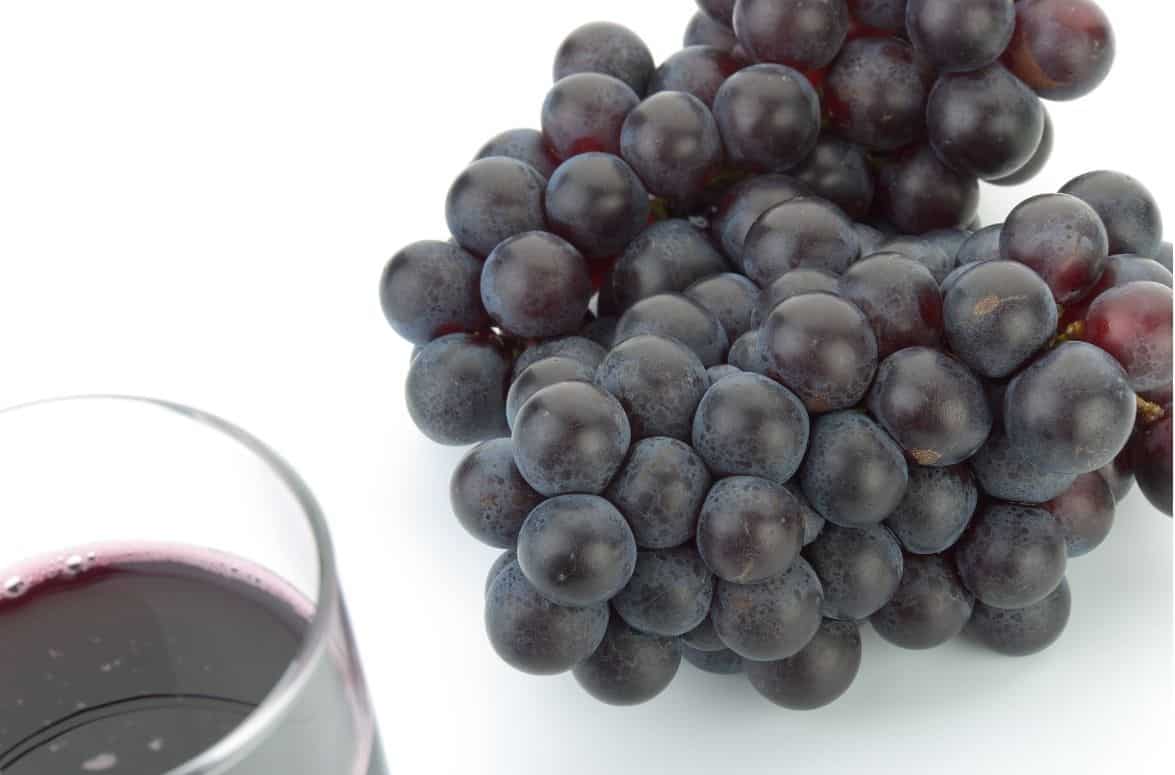It's very telling that the word wine is never used in the relevant Scriptures. Hallelujah!
In the Gospels they 'drank of the fruit of the vine' at the Last Supper.
And I Cor. 11 the the chosen term is 'this cup'.
“Fruit of the vine” meant wine in Jewish culture, not what you choose to think it means. Grapes were already fermenting on the vine when picked to crush and press, vine ripening concentrated the sugars.
Fermentation begins straight away without refrigeration, it could not be stopped.
If they crushed grapes to drink, it was for wine or stored long enough it became vinegar.
Grape juice has to be refrigerated immediately and processed to stop the fermentation from natural yeasts on the skins. There was no refrigeration or pasteurisation to halt or kill the yeasts.
The Last Supper was at the end of March earliest April, grape harvesting in Israel starts in mid July through to October, so if Jesus and His disciples were drinking “ fruit of the vine “ it wasn’t fresh chilled grape juice. It was 6 months of solid fermentation from the previous season at least.

